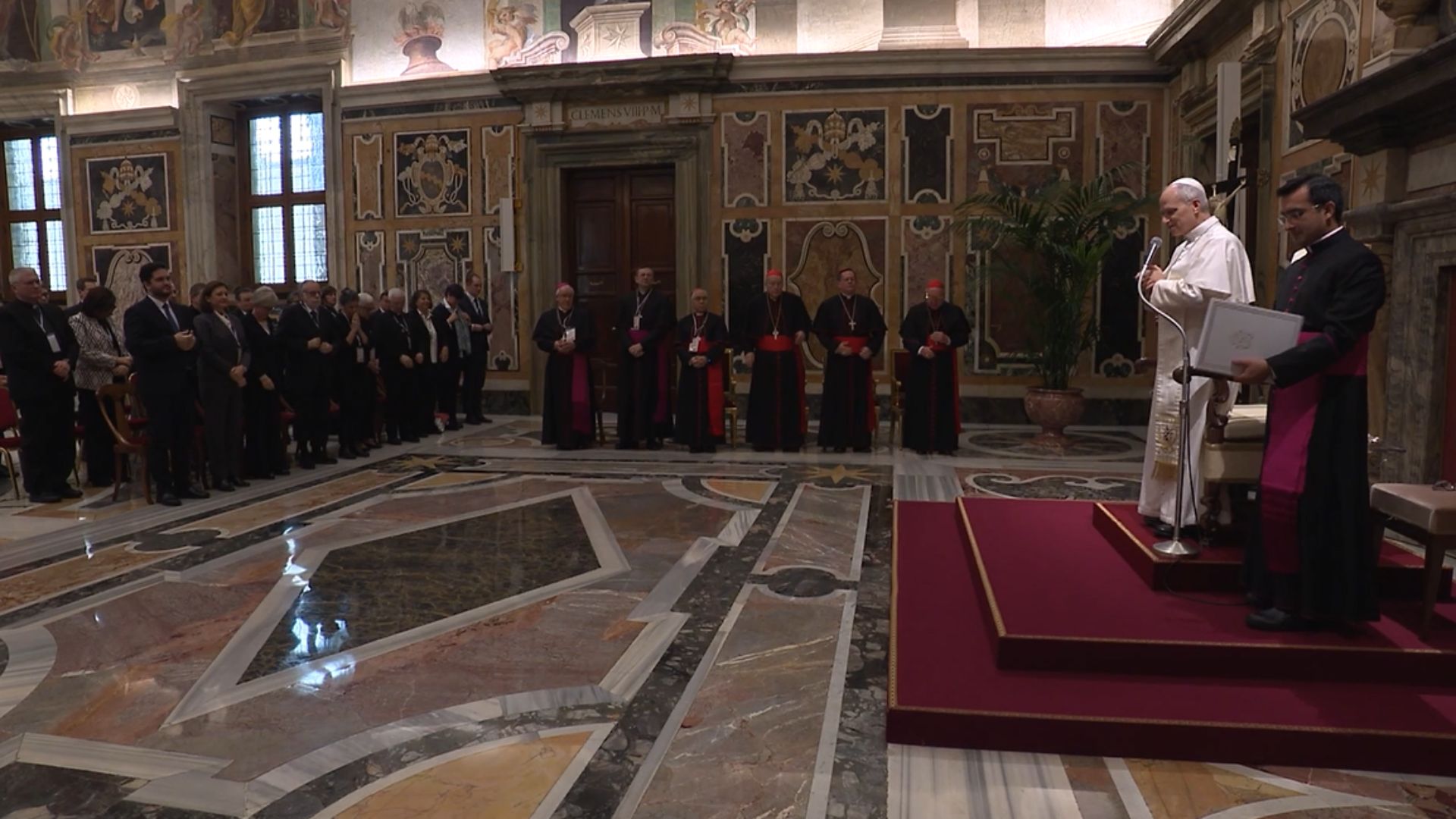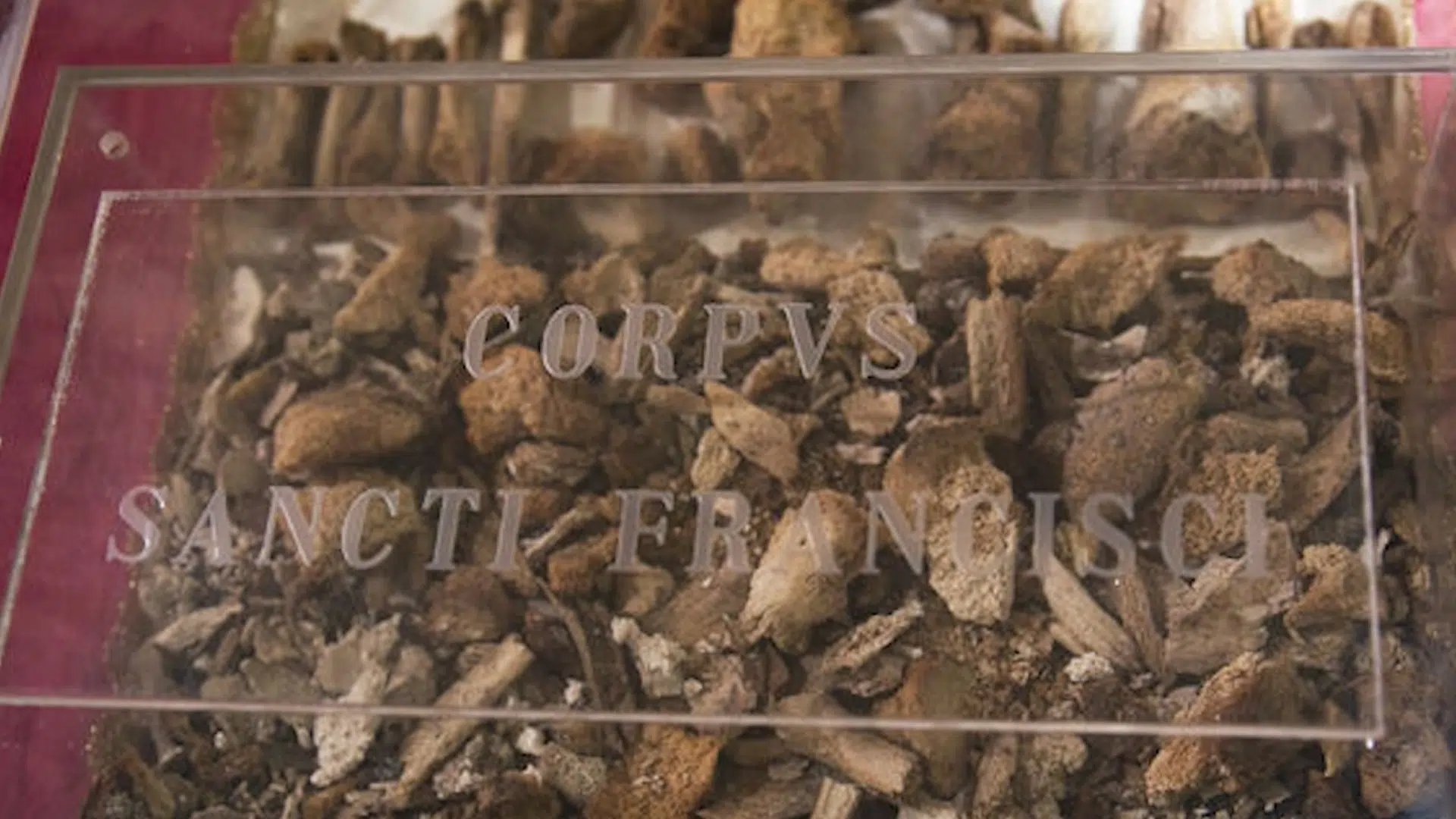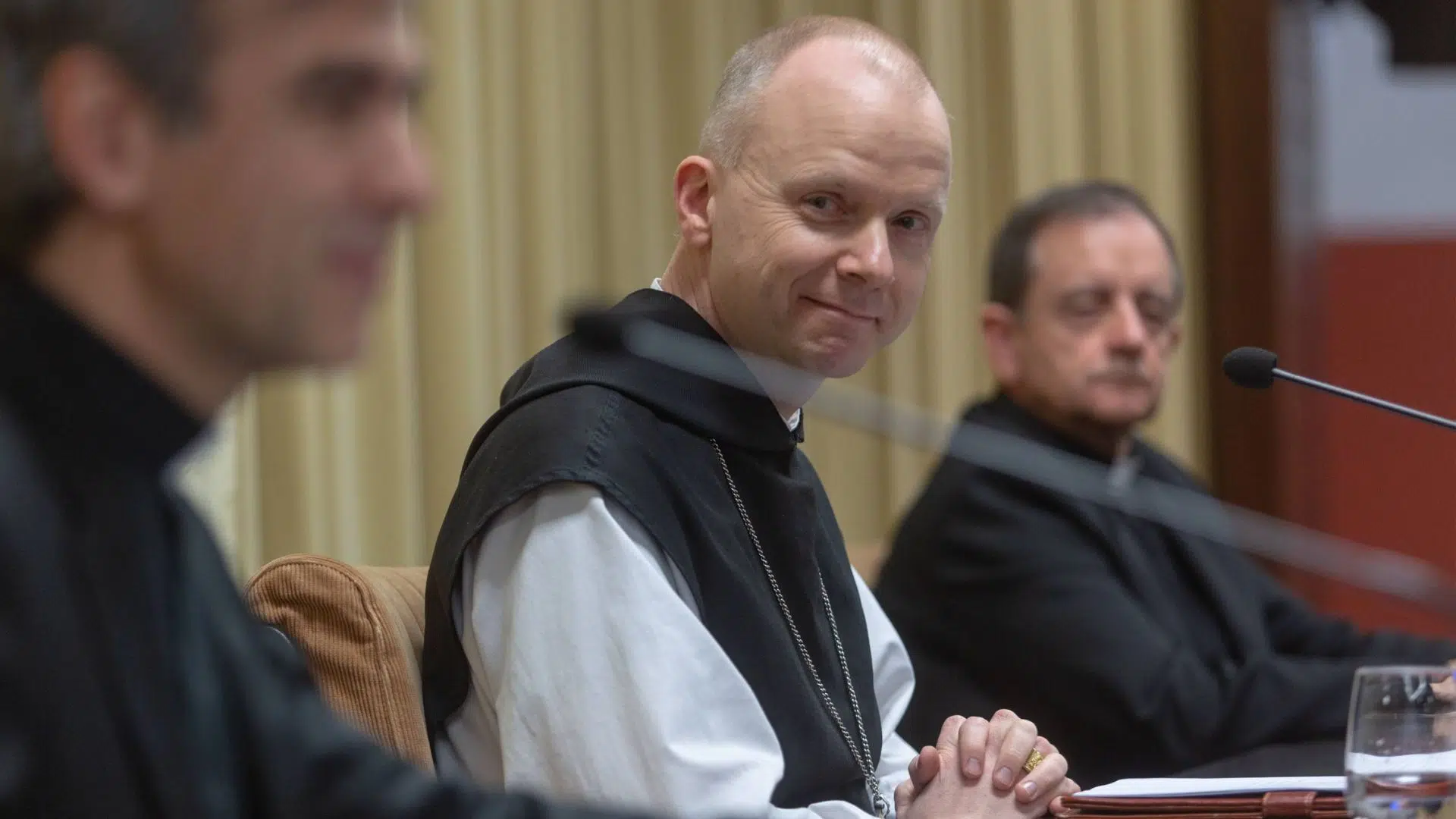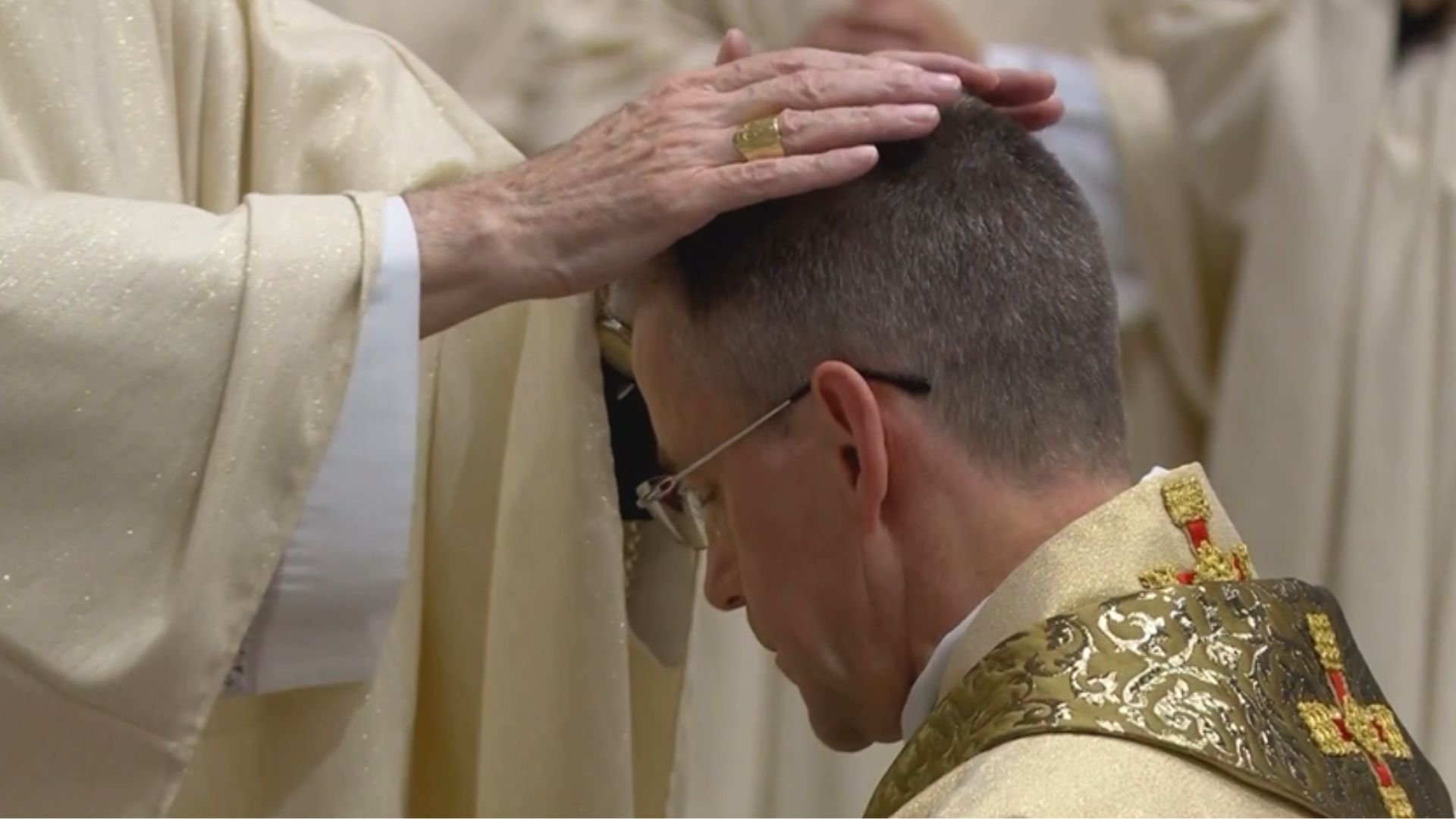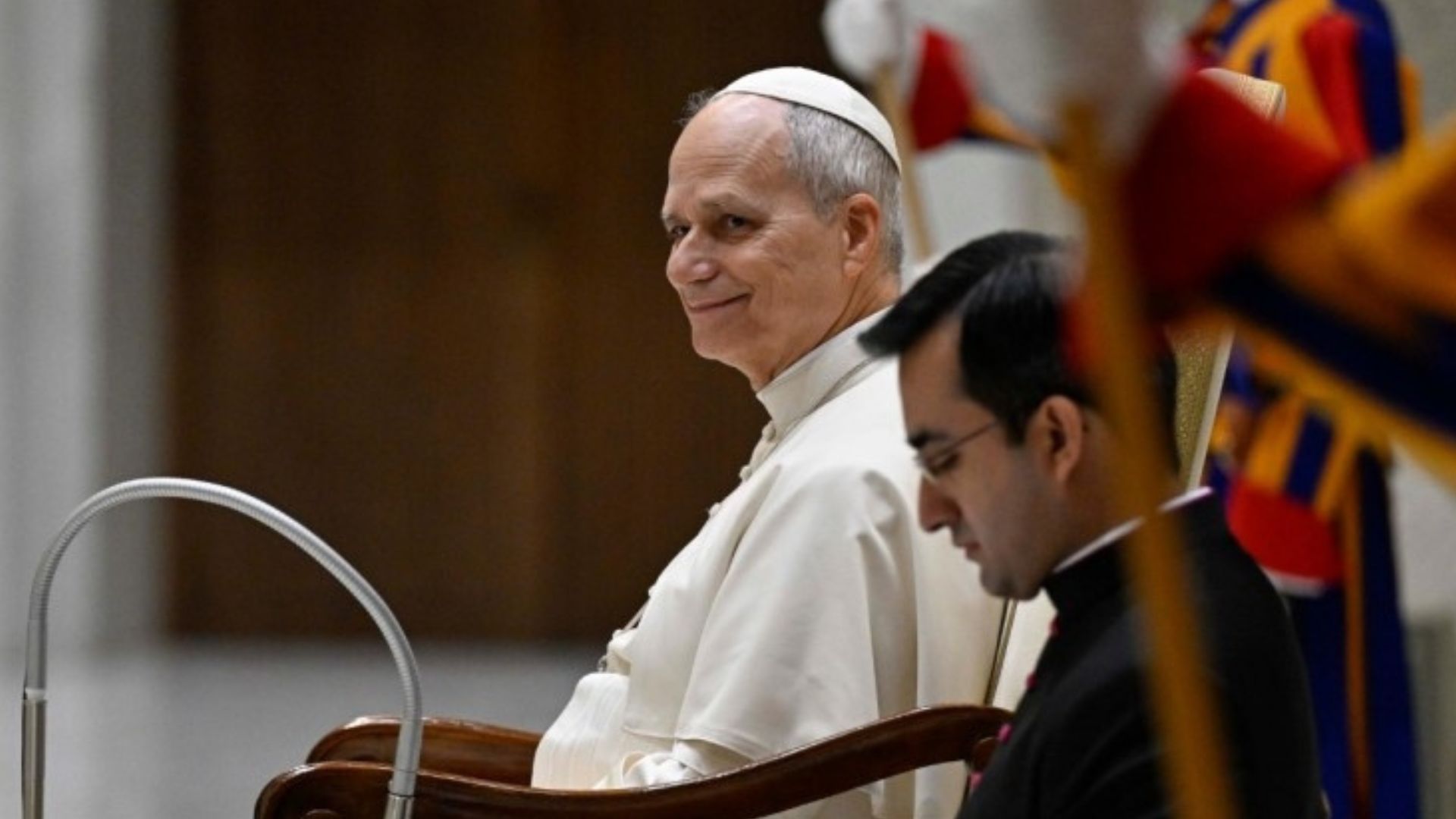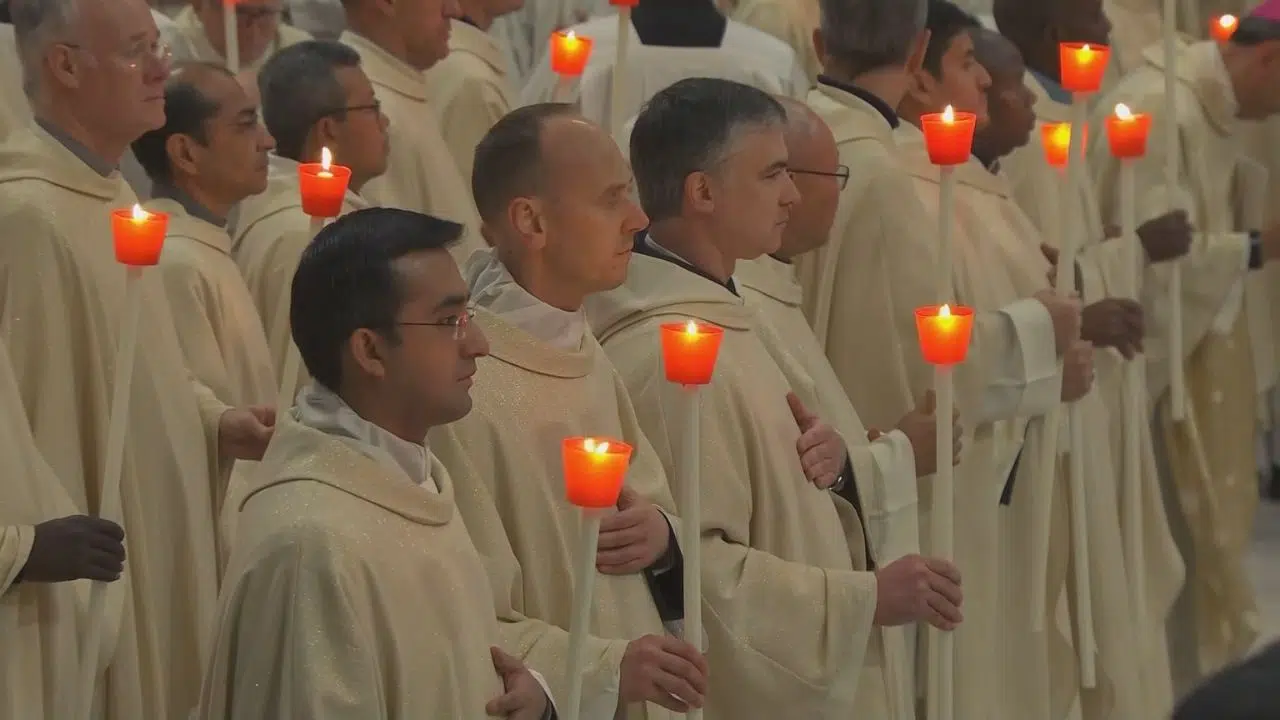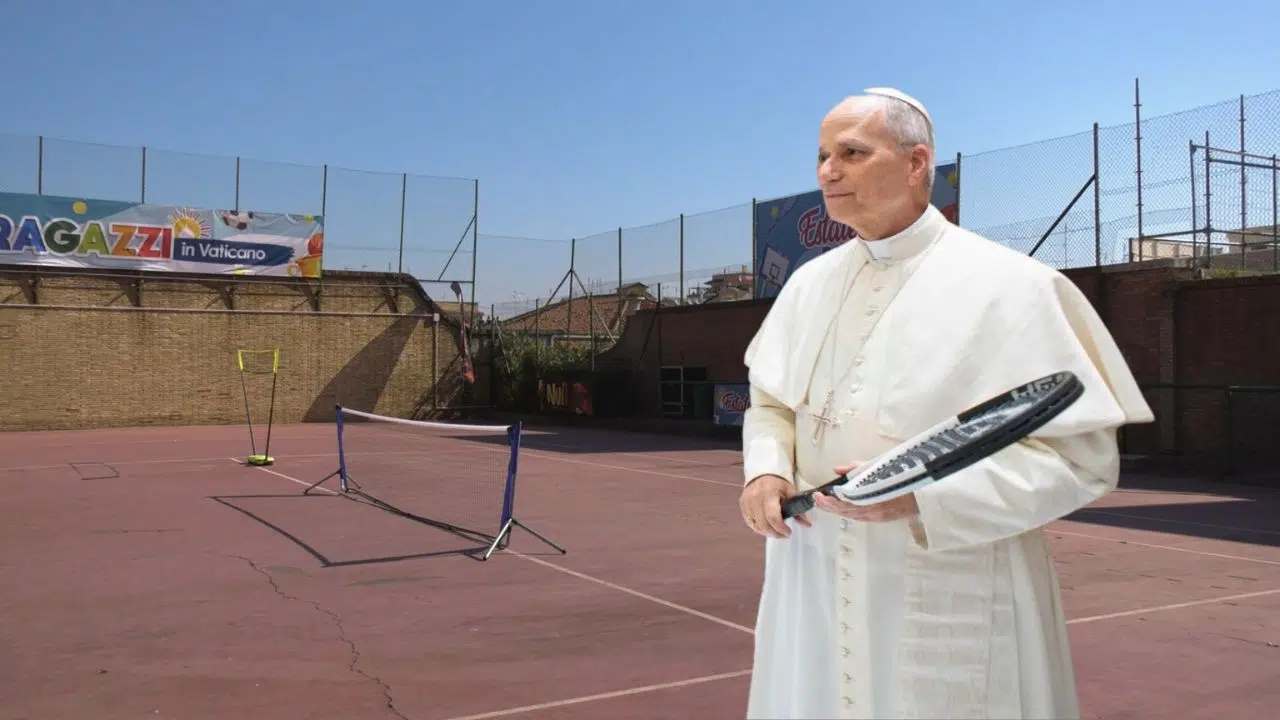Pope Leo XIV has sent a video message in which he discusses the rise of various forms of addiction in contemporary society.
I am pleased to extend my cordial greetings to all those taking part in the 7th National Conference on Addictions, promoted in Rome by the Presidency of the Council of Ministers.
In recent times, to the addictions such as drugs and alcohol—which continue to be the most prevalent—new forms have been added, because the increasing use of the internet, computers, and smartphones is associated not only with clear benefits, but also with excessive use that often leads to addictions with negative consequences for health, related to compulsive gambling and betting, pornography, and the almost constant presence on digital platforms.
Thus, the object of addiction becomes an obsession, shaping behavior and daily life.
These phenomena are, most of the time, symptoms of a mental or inner distress of the individual and of a social decline of values and positive points of reference, particularly among adolescents and young people. Youth is a time of trials and questions, of seeking meaning in life, and of making choices that concern the future. The increase in the drug market and consumption, the pursuit of easy money through slot machines, and internet dependence—which also includes harmful content—show that we are living in a world lacking hope, where strong human and spiritual proposals are missing. As a result, many young people believe that all behaviors are equivalent, since they are unable to distinguish good from evil and lack a sense of moral boundaries.
Therefore, the efforts of parents and various educational institutions—such as schools, parishes, and youth centers—to inspire spiritual and moral values in the younger generations should be appreciated and encouraged, so that they may act as responsible persons. Adolescents and young people need to form their conscience, develop inner life, build positive relationships with their peers, and maintain a constructive dialogue with adults, in order to become free and responsible architects of their own existence.
The fear of the future and of commitment to adult life observed among young people makes them particularly vulnerable. They are often not encouraged to strive for a good and meaningful life; instead, they tend to withdraw into themselves. State institutions, volunteer associations, the Church, and society as a whole are called to perceive in these young people a plea for help and a deep thirst for life, offering them a caring and supportive presence that invites them to both intellectual and moral effort, and that helps them shape their will.
It is a matter of committing ourselves ever more, and in a coordinated way, to a work of prevention that results in action by the community as a whole. In the context of youth distress prevention policies, it is important to strengthen the self-esteem of younger generations, to counter the sense of insecurity and emotional instability fostered both by social pressures and by the very nature of adolescence.
Job opportunities, education, sports, healthy living, and the spiritual dimension of existence: this is the path to preventing addictions.
I encourage all those taking part in this meaningful event to develop practical proposals aimed at promoting a culture of solidarity and subsidiarity; a culture that opposes selfishness and utilitarian or economic logic, and that instead turns toward others, listening, in a journey of encounter and relationship with one’s neighbor, especially when they are most vulnerable and fragile.
